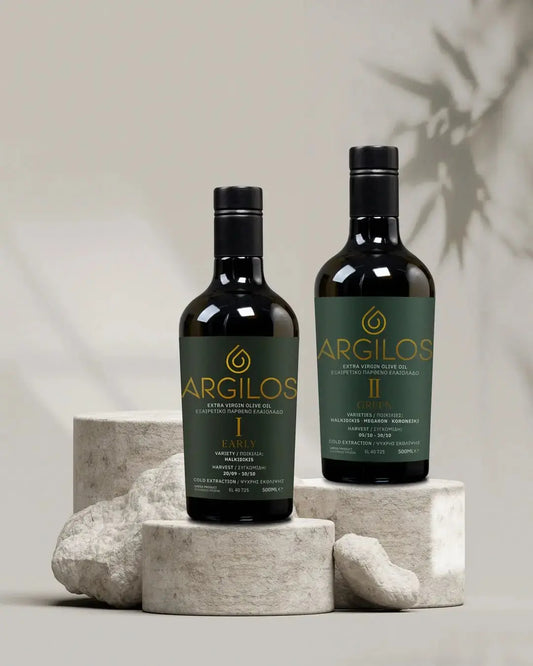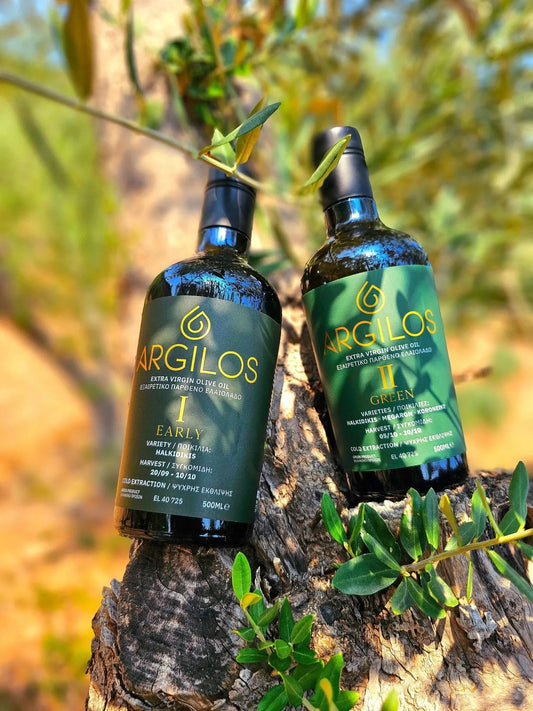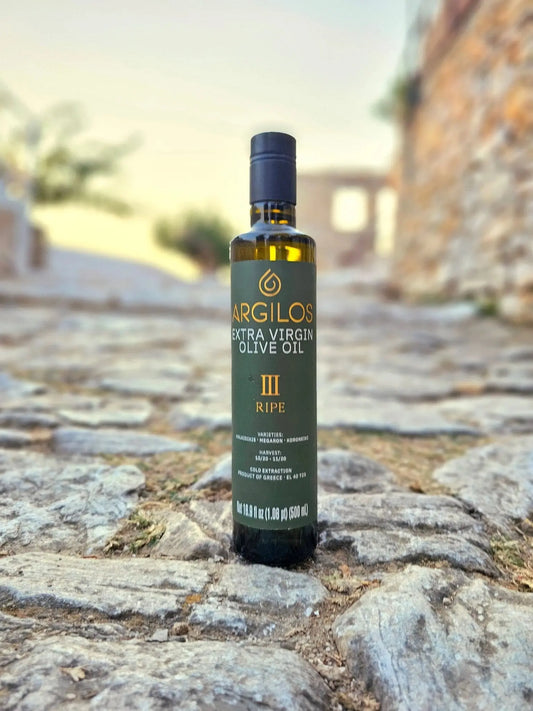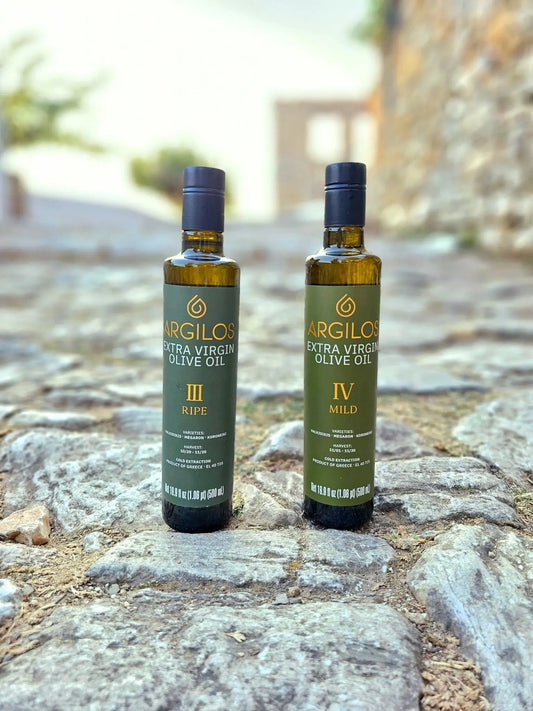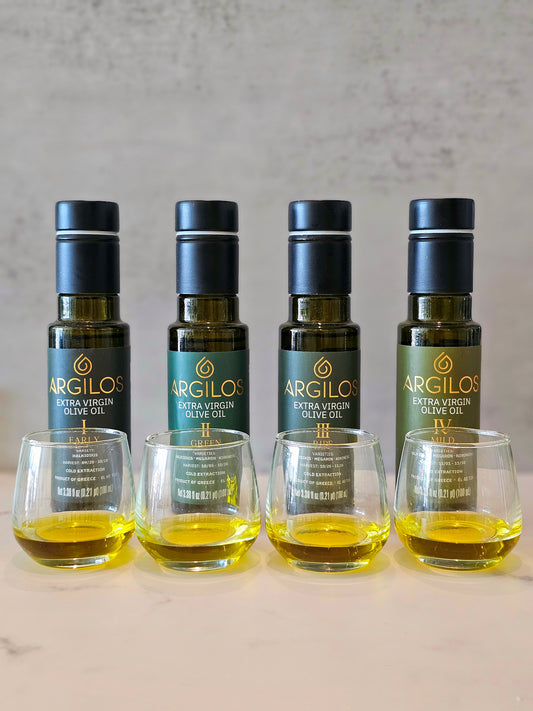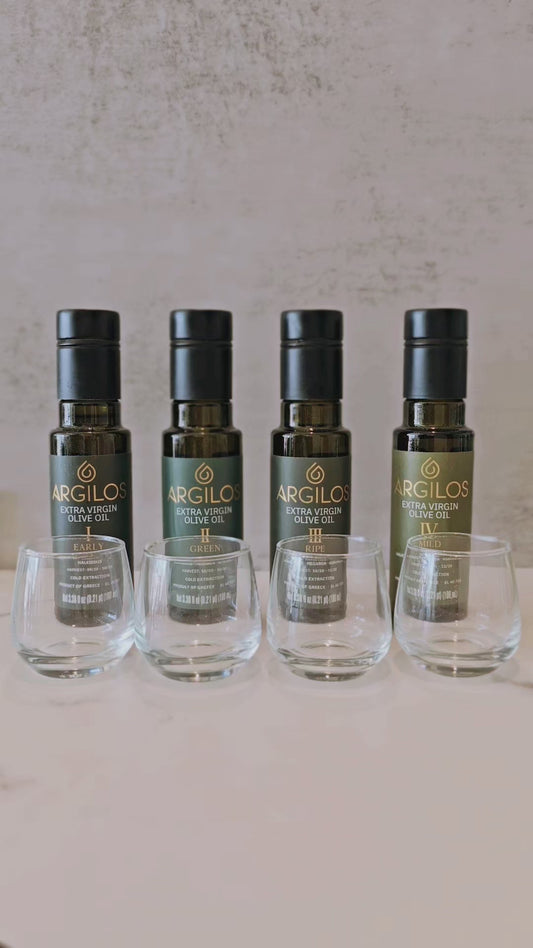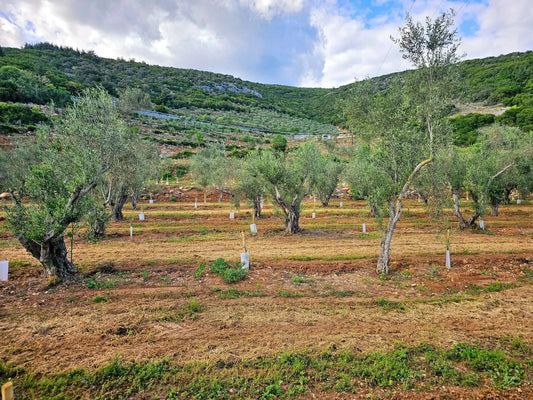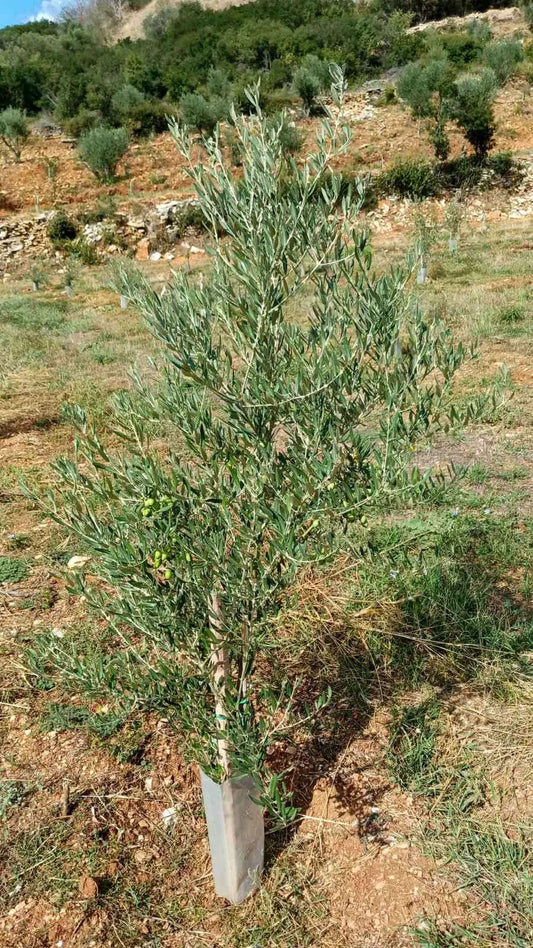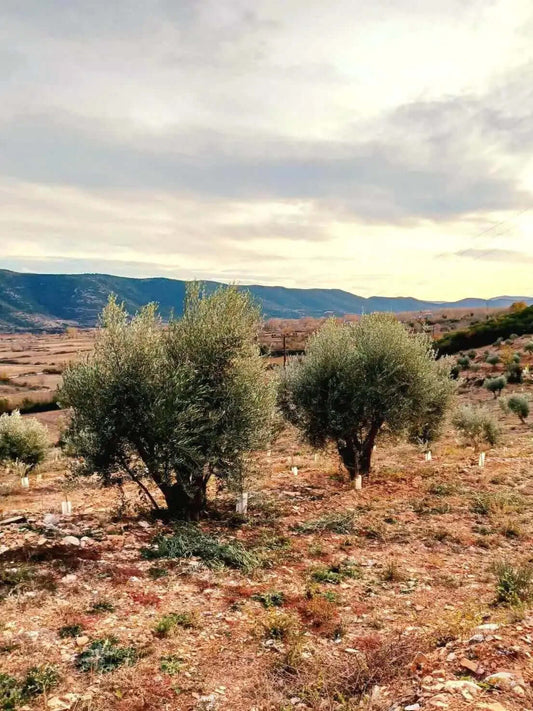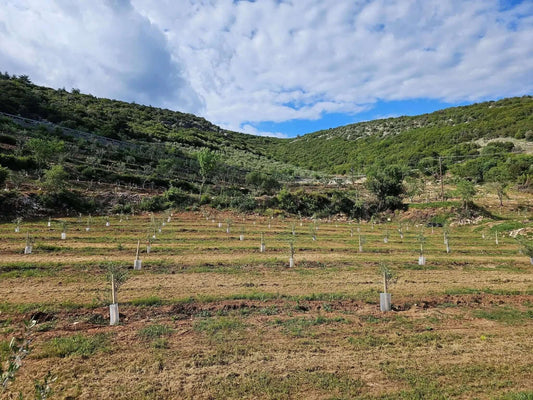Unlock Longevity: Embrace the Mediterranean Diet for Vibrant Health
Share
The Mediterranean Diet: A Timeless Blueprint for Longevity
The Mediterranean diet transcends mere culinary preference—it embodies a holistic approach to nourishment that has sustained civilizations along the azure coastlines of Greece, Italy, and Spain for millennia. Unlike ephemeral nutrition trends that flicker briefly across health magazines, this ancient eating pattern has withstood rigorous scientific scrutiny, emerging as one of the most substantiated dietary frameworks for promoting longevity and vitality. Its foundation rests upon an abundant cornucopia of plant-based foods, heart-healthy fats—particularly extra virgin olive oil—moderate seafood consumption, and minimal processed ingredients.
What distinguishes this venerable dietary tradition is its symbiotic relationship with cultural practices that extend beyond the plate. The Mediterranean approach envelops communal dining experiences, physical activity integrated naturally into daily routines, and a mindful appreciation for seasonal bounty. This comprehensive lifestyle cultivates not merely physical well-being but nourishes mental equilibrium and social connectivity—elements increasingly recognized as crucial determinants of longevity.
Historical Roots and Cultural Significance
The Mediterranean diet's origins trace back to olive cultivation practices established over 6,000 years ago. This agricultural revolution transformed coastal landscapes into verdant groves that would become the cornerstone of regional economies and culinary identities. In Greece particularly, the olive tree attained sacred status, its precious oil serving not only as sustenance but as currency, medicine, and ritual offering.
Mount Pangaion in Kavala, Greece—where Nostos Goods sources its exceptional Argilos Extra Virgin Olive Oil—exemplifies this rich heritage. These ancient hillsides have witnessed the rhythmic harvest of olives across countless generations, each pressing ceremony contributing to an unbroken tradition of artisanal production methods that prioritize quality over quantity.
Scientific Evidence Supporting Mediterranean Diet Benefits
The Mediterranean diet's reputation extends far beyond culinary circles, having garnered impressive scientific validation through decades of research. Epidemiological studies consistently demonstrate that populations adhering to this dietary pattern experience significantly lower rates of cardiovascular disease, certain cancers, neurodegenerative conditions, and metabolic disorders.
The landmark PREDIMED study, a randomized clinical trial involving over 7,400 participants, demonstrated that Mediterranean diet adherents supplemented with extra virgin olive oil experienced a remarkable 30% reduction in major cardiovascular events compared to control groups. This finding underscores the diet's potential as a therapeutic intervention rather than merely a preventative measure.
Polyphenol Power: The Mediterranean Diet's Secret Weapon
Among the Mediterranean diet's most compelling attributes is its exceptional polyphenol content—bioactive compounds with potent antioxidant and anti-inflammatory properties. Extra virgin olive oil stands as a particularly concentrated source of these beneficial compounds, especially when harvested early and cold-pressed within hours, as practiced by Nostos Goods with their Argilos EVOO.
"The polyphenols in high-quality extra virgin olive oil represent one of nature's most powerful defense systems against chronic inflammation—the common denominator in virtually all age-related diseases." — Dr. Artemis Simopoulos, President of the Center for Genetics, Nutrition and Health
These naturally occurring compounds exert multifaceted effects throughout the body, from protecting cellular structures against oxidative damage to modulating gene expression in ways that favor longevity. Notably, oleuropein and hydroxytyrosol—olive oil's signature polyphenols—have demonstrated particular efficacy in reducing inflammatory markers linked to accelerated aging.
Core Components of the Mediterranean Diet Pyramid
Understanding the Mediterranean diet requires familiarizing oneself with its hierarchical framework, traditionally illustrated as a nutritional pyramid. This visual guide prioritizes food categories according to recommended consumption frequency, creating an intuitive roadmap for implementing this eating pattern.
Daily Foundations: Plant Foods and Olive Oil
At the pyramid's base lie the dietary components intended for daily, abundant consumption: vegetables, fruits, whole grains, legumes, nuts, seeds, herbs, spices, and most quintessentially, extra virgin olive oil. These plant-derived foods provide the nutritional architecture that supports metabolic health through their complex carbohydrates, dietary fiber, vitamins, minerals, and phytonutrients.
Extra virgin olive oil deserves particular emphasis as the Mediterranean diet's principal fat source. Unlike refined oils that undergo industrial processing, authentic EVOO like Nostos Goods' Argilos offerings retain their complete phytochemical profile, contributing substantively to the diet's anti-inflammatory effects. The intensity spectrum available—from robust early-harvest to milder late-harvest varieties—allows for culinary versatility while maintaining nutritional integrity.
Weekly Inclusions: Seafood, Poultry, and Dairy
The middle tier encompasses proteins and dairy intended for moderate weekly consumption. Fish and seafood feature prominently, providing omega-3 fatty acids that complement olive oil's monounsaturated profile. Poultry, eggs, and dairy (particularly fermented varieties like yogurt) offer complete proteins while maintaining a favorable nutritional balance.
An interesting distinction of Mediterranean cuisine lies in its treatment of animal proteins as flavor enhancers rather than meal centerpieces. This subtle culinary philosophy naturally limits portion sizes while maximizing gustatory satisfaction—a far cry from the protein-centric plates common in Western dining.
Occasional Indulgences: Red Meat and Sweets
At the pyramid's apex sit foods recommended for occasional consumption: red meat and sweet treats. Rather than eliminating these categories entirely, the Mediterranean approach advocates mindful moderation—typically reserving such foods for special occasions or limiting them to small portions a few times monthly.
This pragmatic stance acknowledges the cultural importance of celebratory foods while preventing their nutritional drawbacks from undermining the diet's overall benefits. Such balanced perspective aligns perfectly with contemporary understanding of sustainable dietary change, recognizing that overly restrictive approaches typically fail over time.
Practical Implementation for Modern Lifestyles
Transitioning to a Mediterranean eating pattern need not entail radical dietary overhaul. Instead, gradual integration of its principles allows for sustainable adaptation, particularly for younger generations navigating busy urban environments.
Pantry Essentials for Mediterranean Cooking
Establishing a Mediterranean-friendly pantry forms the cornerstone of successful implementation. Consider these foundational ingredients:
- High-quality extra virgin olive oil (ideally single-estate and traceable, like Argilos EVOO)
- Assorted olives and olive pastes for flavor enhancement
- Legumes: lentils, chickpeas, and various beans
- Whole grains: farro, barley, and traditional wheat varieties
- Nuts and seeds: walnuts, almonds, pine nuts, and sesame
- Herbs and spices: oregano, basil, thyme, rosemary, and cinnamon
- Vinegars: red wine and balsamic varieties
For eco-conscious millennials and Gen Z individuals, investing in these staples aligns with sustainability values while providing remarkable versatility. Olive pastes, like those crafted by Nostos Goods, offer particular convenience—transforming simple dishes with minimal effort while delivering concentrated Mediterranean flavor profiles.
| Mediterranean Food | Environmental Benefit | Nutritional Advantage |
|---|---|---|
| Extra Virgin Olive Oil | Olive trees sequester carbon, prevent erosion | Rich in monounsaturated fats and polyphenols |
| Legumes | Fix nitrogen in soil, reduce fertilizer needs | High in plant protein and fiber |
| Seasonal Vegetables | Lower transport emissions when locally sourced | Maximum phytonutrient content |
Beyond Food: The Mediterranean Lifestyle Connection
Authentic embrace of Mediterranean principles extends beyond dietary choices to encompass broader lifestyle elements that collectively contribute to longevity. Physical activity woven naturally into daily routines—walking to destinations, tending gardens, and engaging in active leisure—complements nutritional practices without requiring formal exercise regimens.
Equally significant is the social dimension of Mediterranean dining. Meals represent more than fuel delivery; they constitute communal experiences that foster connection, conversation, and stress reduction. This unhurried approach to eating enhances digestion while strengthening social bonds—factors increasingly recognized for their profound impact on long-term health outcomes.
Mindful Eating Practices from Mediterranean Traditions
The Mediterranean eating ethos embodies mindfulness principles that predated their current popularity by centuries. Appreciating food's sensory qualities, eating at a measured pace, and respecting hunger and satiety cues represent indigenous practices rather than imported wellness concepts.
For younger generations navigating fast-paced urban environments, these timeless approaches offer an antidote to distracted consumption habits. Even brief moments of present-centered awareness while enjoying a piece of crusty bread dipped in exceptional olive oil can activate parasympathetic nervous system responses that counteract chronic stress.
Frequently Asked Questions About the Mediterranean Diet
Is the Mediterranean Diet Suitable for Vegetarians?
The Mediterranean diet offers exceptional flexibility for vegetarians, as its foundation primarily consists of plant foods. By emphasizing legumes, nuts, and seeds for protein while maintaining the diet's characteristic abundance of vegetables, fruits, whole grains, and olive oil, vegetarians can fully implement Mediterranean principles while potentially increasing the diet's environmental sustainability.
How Does the Mediterranean Diet Support Sustainable Food Systems?
Beyond personal health benefits, the Mediterranean diet represents an environmentally responsible eating pattern. Its emphasis on plant foods significantly reduces carbon and water footprints compared to typical Western diets heavy in animal products. Additionally, traditional Mediterranean agricultural practices often incorporate polyculture systems that enhance biodiversity and soil health—principles increasingly crucial for climate-conscious consumers.
Choosing single-estate, traceable products like Nostos Goods' olive oils further supports sustainable food systems by promoting transparency and responsible production methods. For environmentally aware younger generations, this alignment of personal health goals with ecological stewardship offers compelling motivation for Mediterranean diet adoption.
What's the Difference Between Regular Olive Oil and Extra Virgin?
The distinction between olive oil grades extends far beyond price point. Extra virgin olive oil represents the highest quality classification, produced solely through mechanical means without chemical processing or excessive heat that would degrade beneficial compounds. This minimal intervention preserves the oil's complete polyphenol profile and characteristic flavor nuances.
When selecting olive oil, look for indicators of exceptional quality: harvest date (fresher is better), single-estate sourcing, cold-pressing within hours of harvest, and transparent production information. The intensity spectrum offered by Argilos oils—from robust early-harvest to mild late-harvest—provides options for various culinary applications while maintaining nutritional integrity.
By embracing the Mediterranean diet's time-tested wisdom and incorporating authentic ingredients like single-estate olive oil, modern consumers can bridge ancient traditions with contemporary wellness science—unlocking a pathway to vibrant health that honors both cultural heritage and personal longevity.

